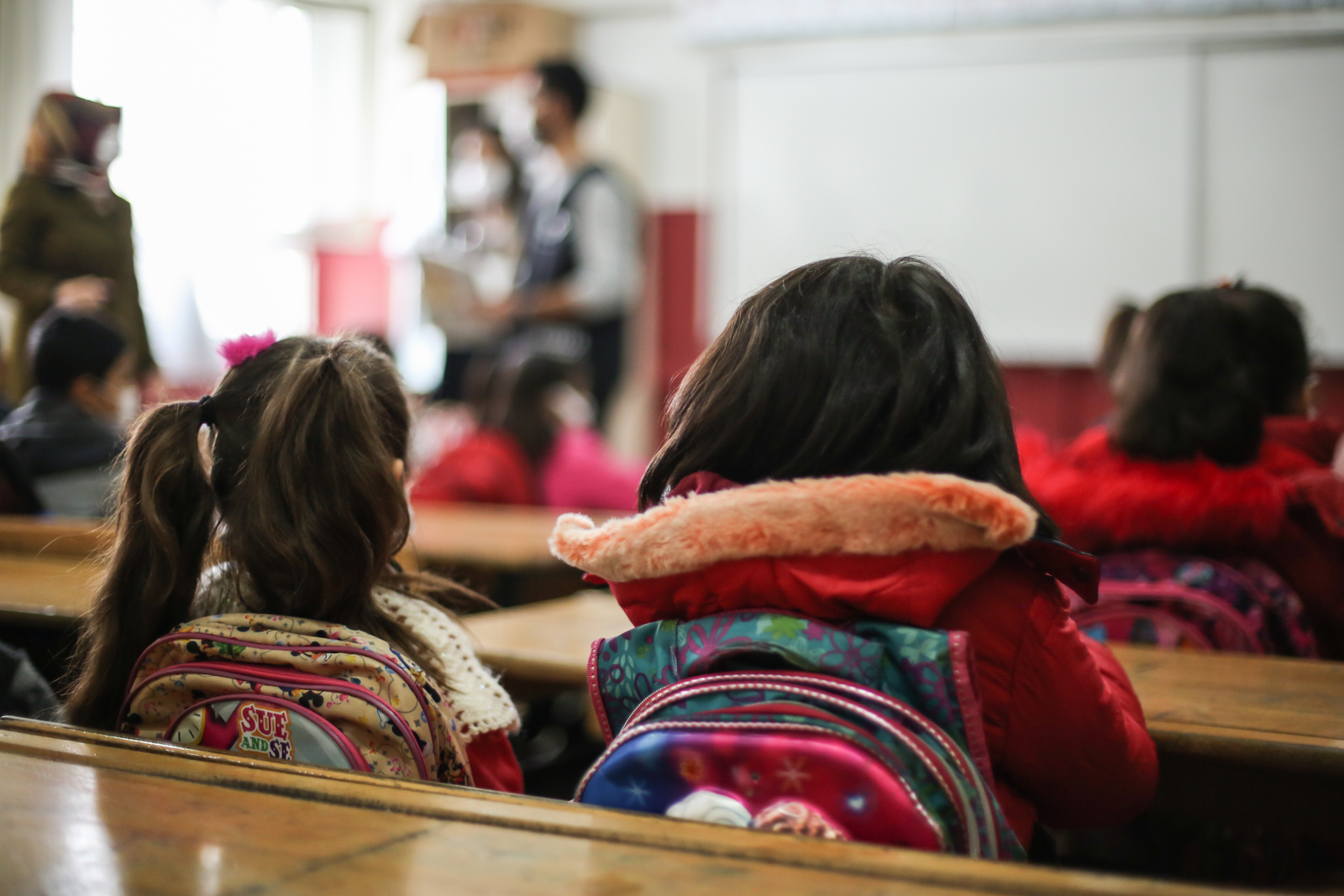
Pregnant girls and young mothers banned from school in many African countries
Barriers to education, Girls' education, Right to education
Some nations are working hard to allow girls to continue their education - but others are punishing students, says a Human Rights Watch report.
When Evalina had a baby daughter called Hope at the age of 13, she dropped out of school.
But eventually she returned to resume her studies at a secondary school in Kenya.
“All I wanted was to study, they already knew I had a child,” said Evalina, who is now 17. “I did not want anyone’s sympathy, I just wanted a chance.”
Life isn’t easy for her. She has to leave Hope with a neighbour and then combine chores and childminding with her homework.
But she’s in school and learning – and working hard to make a brighter future for herself and her daughter. The picture is much bleaker for many girls in several African countries who are banned from going to school after becoming pregnant.
A report by Human Rights Watch revealed today that tens of thousands of pregnant girls and adolescent mothers are banned or discouraged from attending school.
Leave No Girl Behind in Africa looked at practices, policies and laws in all African Union member countries ahead of the Day of the African Child on June 16.
“In many African countries, pregnant girls and adolescent mothers are forced out of school and denied their right to education,” said Elin Martínez, children’s rights researcher at Human Rights Watch.
“While some progress has been made, the African Union needs to work closely with all its member countries to ensure that no girl is denied her right to an education because she becomes pregnant.”
It said many countries had committed to ensuring that pregnant students and mothers could continue their education. Four – including Gabon and Côte d’Ivoire – guarantee girls the right to continue school during pregnancy and after giving birth.

Another 22 – including Kenya and Malawi – have conditional “re-entry” policies. But they are often poorly administered, said Human Rights Watch. Benin, Cape Verde and Senegal have revoked punitive policies and adopted policies that support girls’ return to school.
Equatorial Guinea, Sierra Leone and Tanzania are among those that still ban pregnant girls and mothers from government schools.
Imani Mwanza, Tanzania – who became pregnant at 16 – said: “At the school there was a nurse who would come from the hospital to check for pregnancy. They did it to all the girls every month.
“Then they wrote a letter to my parents to tell them I was pregnant and they had to go to the school. There they gave them a letter that I was expelled from school. I was three months pregnant.”
Some nations with high rates of adolescent pregnancy, such as Angola and Burkina Faso, lack policies to manage adolescent pregnancy in schools.
Even in countries with good policies, girls face barriers to returning to school, said the report. Some, such as Gabon and Zambia, have brought in measures to support them – including ensuring time for breastfeeding, allowing young mothers to choose morning or evening school shifts, and establishing nurseries and day care centres close to schools.
Human Rights Watch’s Elin Martínez said: “Punishing pregnant girls by throwing them out of school will not end teen pregnancies.
“Many African countries will fail in their promise to leave no child behind if they exclude girls who are pregnant or married – but the whole continent will benefit when pregnant girls and adolescent mothers are allowed back in schools.”
More news

Skills for the future give young people the best chance of success
